When you watch Japanese comics and dramas, you will find that there are a lot of Chinese mixed in between the Japanese on the subtitles. Sometimes even a Japanese sentence, with the Japanese and Chinese characters in it, can infer the meaning of the sentence. Therefore, Chinese people will be more comfortable learning Japanese. So how do the Japanese view the "kanji" in Japanese?
Basic Japanese materials
I believe that there are many friends here who want to learn Japanese. The editor is a Japanese online education lecturer who has been engaged in Japanese for 5 years. Japanese friends~
Private message button [1] to receive Japanese learning materials~
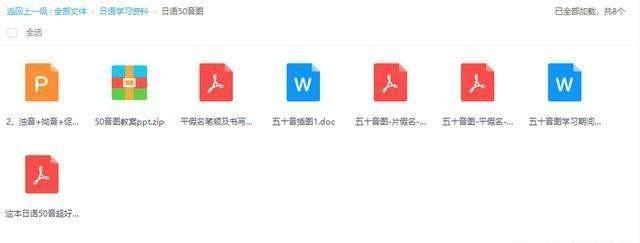

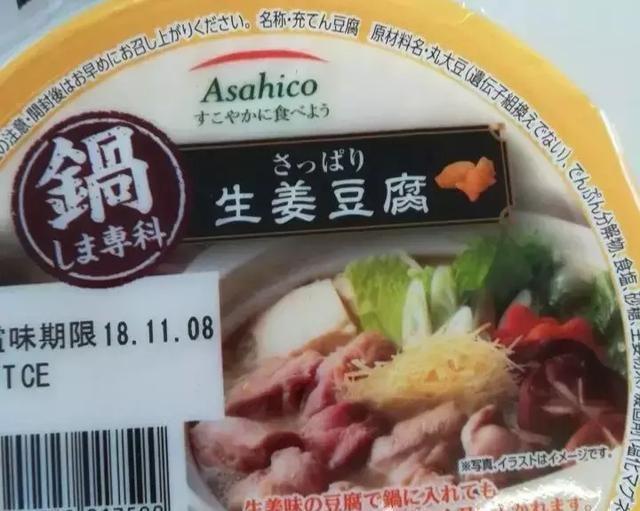
This time we are going to focus on the common ground between Chinese and Japanese, which is "Chinese characters". What is the difference between "Japanese Chinese characters" in the eyes of the Japanese and the "Chinese characters" in the eyes of the Chinese?, or exist What kind of understanding deviation and difference in thinking? We have to start with "knowledge of Chinese characters".
Knowledge of Chinese characters
Let's think about a question, when Japanese and Chinese look at the same Chinese character, are the order of thinking and the scenes that emerge in their minds the same?
Let's first re-examine the word "open" from the perspective of treating Chinese. This is a question that a Japanese asked me personally. This Japanese said: "Open, this word I have never understood, is there anything that can only be opened after being knocked? The problem is that I pry open the can, and I unscrew the door, why is it so common to open it?".

The word "open" has been weakened during our use "beat", so when Chinese people see "open", it already refers to the meaning of "open". As a native speaker of Chinese, don't even consider whether the word "打" in "open" is "打打" or "打打".
So Chinese, which is classified as a Sino-Tibetan language and an isolated language, and Japanese, which is an agglutinative language, have very different ways of thinking when facing the same Chinese characters.
Japanese "kanji bug"
In fact, if the Japanese's cognition of Chinese characters is viewed from a Chinese perspective, there are indeed bugs (loopholes), but if you really study Japanese, you will find that like Chinese characters A person's deep understanding of Chinese characters may be useless or even unnecessary.
Japanese elementary school or preschool children's understanding of Chinese characters
In Detective Conan, you should have seen "Kojima Motota" with poor grades more than once complaining that Chinese characters are too difficult to write, and wanted to write them all in pseudonyms, but everyone aroundI hope Yuantai can write down the Chinese characters.

When I was in elementary school, it was normal to use a pseudonym to write Chinese characters that I didn’t know, just like Chinese primary school students writing pinyin. But the pseudonym is not only for pinyin.
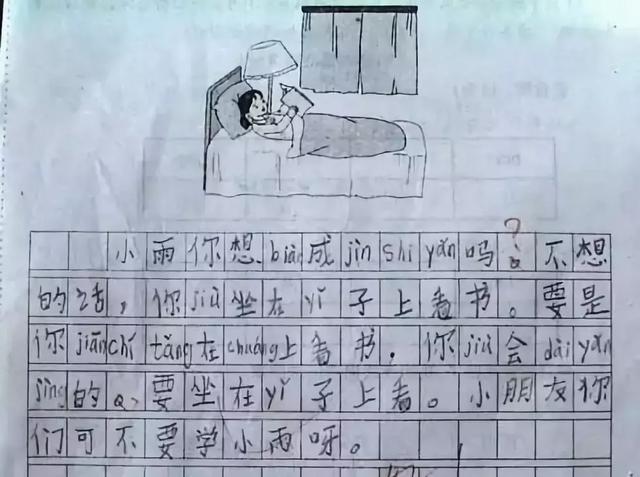
For example, if the Japanese write down the full text in pseudonyms, supplemented by spaces, this is the easiest way to help Japanese illiterates understand the general meaning, but if the full pseudonyms are thrown to "native Chinese speakers", the effect will change instead. Poor, because there is not a Chinese character.
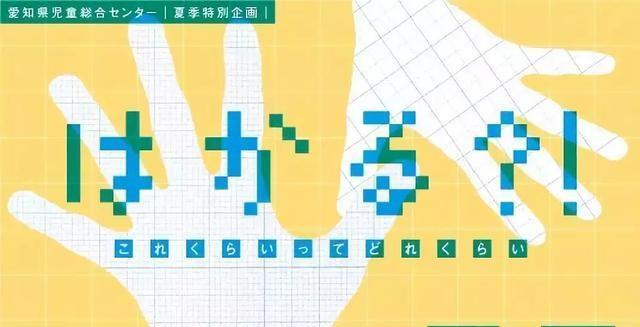
For example, when the three pseudonyms "はかる" appear alone, neither the Japanese nor the Chinese can know its exact meaning. If the Japanese want to know its meaning, they will put it in the original text Chinese people know its meaning, but Chinese people will ask whether "はかる" refers to "measurement", "measurement" or "quantity"? Chinese people will rely on Chinese characters to judge the meaning of words, but if you put "measurement", "measurement" or "quantity" in front of a Japanese person alone, although he can write it out, he can't alone What is the meaning of this word.
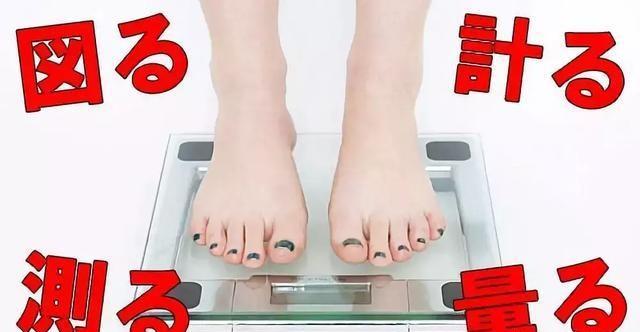
Therefore, everyone should be able to understand Yuantai's thinking, which is"I can know the meaning of the word with the combination of pseudonyms, but I don't know the meaning of the Chinese characters when I write Chinese characters. I read".
The understanding of Chinese characters by most people in Japan
However, the status quo is that most Japanese can read and write Chinese characters, but their understanding of Chinese characters only stays at "advanced symbols". How can this be explained?
You should have played a "elimination and merging" game "triple town". "Finding" is the essence of the game. Items can be eliminated to generate a higher-level item, which is different from the "Happy Xiaoxiaole" that only eliminates.

For example, the Japanese word “吴みる”, which means “Looking back, worrying, taking care” in Chinese, and its pseudonym is written as “かえりみる”.
The Japanese look at the word "Gu" is actually looking at "かえり". For most Japanese, Chinese characters are used to "make the text shorter", making their own text It becomes shorter and easier to understand. In this word, if you collect all "かえり", it will automatically become "Gu". If the Chinese character "Gu" emerges, will not even think about the meaning of the Chinese character "Gu".

But the Chinese are completely different. When they saw the word "Gu", they immediately reacted to the traditional characters of "Gu", and then thought of various meanings such as "look left and right", "scrupulous", "care" and so on. It is not difficult to understand that "Guみる" means "to take care of" too. However, Chinese people often find it difficult to respond to "かえり" when they see the word "Gu". This is the different reaction between China and Japan when facing vocabulary.
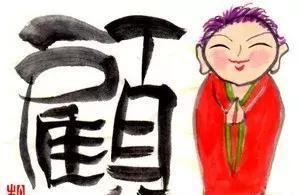
Remember the Japanese at the beginning of the article asking me what "open" means? In fact, he is working very hard to learn Chinese, and began to learn to use "isolated language" thinking to think about each individual Chinese character, but, in fact, the Japanese who do not understand Chinese at all are not will think so.
For example, there is a special Chinese-style Japanese word called "Need Cold Storage", which can be seen on many Japanese products. It is very simple, meaning "Need to be refrigerated" strong>, but many Japanese people directly understand these three characters as one word, and they can’t understand the meaning of “want to be cold” at all. When people say "want to calculate" a word created by Chinese thinking, although there is no such usage in Japanese, most Japanese people will not understand it.
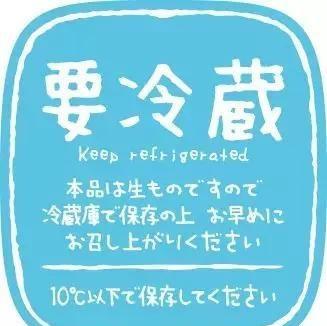
Extension of Chinese as Pictograph
This is the question Japanese people have when they are learning Chinese. When Chinese are learning their mother tongue, Chinese characters that they don’t know can indeed be marked with pinyin, but pinyin is not like Japanese kana that can be used for writing, and pinyin is very important for the graphic memory of Chinese characters. No help!
This actually reflects the superiority of Chinese characters as pictographic characters. If you encounter a word you don’t know, you will usually open the dictionary, find radicals, strokes, pinyin and other conditions to "lock" the text.
However, Japanese lacks the usefulness of Chinese characters as "pictographic characters". Let me give you an example.
For example, "辉く" in Japanese, in which "辉" is the traditional Chinese character of "辉". In fact, this word means "bright" and "shine".However, few Japanese use the " "Hui" "beside the word light" to directly understand its meaning.
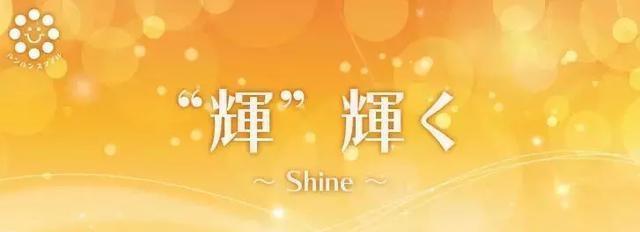
Another example is the Japanese Chinese character "峠", which is the name of a high-end Japanese food. Chinese people like to call it "Shan Xia Xia", but it is indeed a Japanese word, meaning "mountain top", There is a word "mountain" next to it, even if the Chinese don't tell the meaning, they can still know that it is related to the mountain.

This is why when "声の形" was released that year, many Japanese regarded it as "Crab の形", and the Chinese people would never have such thing.
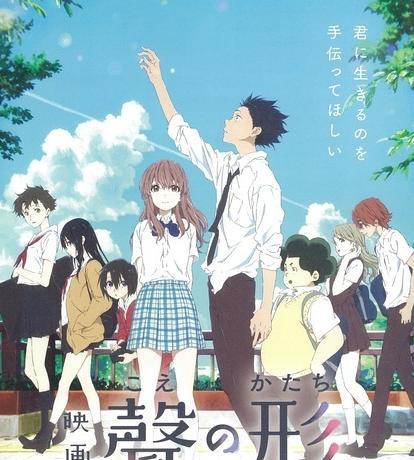
What do you guys think?
Articles are uploaded by users and are for non-commercial browsing only. Posted by: Lomu, please indicate the source: https://www.daogebangong.com/en/articles/detail/Kanji%20in%20Japanese%20do%20you%20know%20what%20it%20means%20Lets%20see%20how%20the%20Japanese%20say%20it.html

 支付宝扫一扫
支付宝扫一扫 
评论列表(196条)
测试